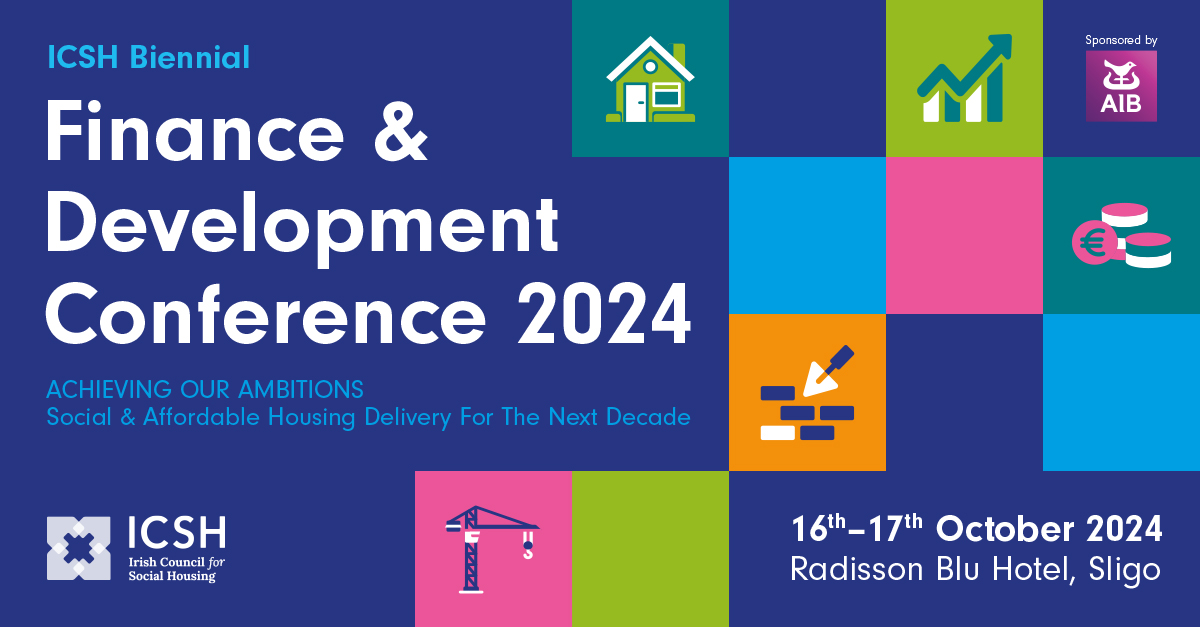The Affordable Housing Conference
The document titled “The Importance of Affordable Housing to Economic Competitiveness” outlines the critical relationship between affordable housing and economic vitality. It emphasizes that affordable housing is not only a social necessity but also a key driver of economic growth and competitiveness in communities.
Economic Significance of Affordable Housing
Foundation for Workforce Stability
Affordable housing is essential for maintaining a stable workforce. When individuals can secure housing affordability, they are less likely to experience financial stress, which allows them to focus on their jobs and contribute effectively to the economy. This stability enhances productivity and reduces absenteeism, benefiting employers and the overall economy. Attracting Talent and Businesses. Regions that provide housing affordability options are more attractive to businesses seeking to recruit and retain talent. High housing costs can deter potential employees from relocating to areas with job opportunities, limiting the labour pool available to local businesses. Conversely, affordable housing can help attract skilled workers, thereby supporting economic growth and innovation.
Social Benefits of Affordable Housing
Reducing Inequality
Affordable housing plays a significant role in reducing income inequality by providing low- and moderate-income families with access to safe and stable living conditions. This access helps create mixed-income neighborhoods where diverse populations can live together, fostering social cohesion and community stability.Improving Health Outcomes
Stable housing is linked to better health outcomes. Families living in affordable homes are less likely to face health issues associated with unstable or substandard living conditions. When residents save money on housing, they can allocate more resources toward healthcare, nutrition, and education, leading to improved overall well-being.
Challenges in Affordable Housing Development
Despite its importance, the development of affordable housing faces several challenges:
- Rising Construction Costs: Increasing costs for materials, labour, and land make it difficult for developers to create affordable units without financial assistance or incentives.
- Regulatory Barriers: Zoning laws and land use regulations can limit the types of housing that can be built, restricting the supply of affordable options.
- Public Perception: Community opposition to new developments often arises due to concerns about property values or changes in neighbourhood dynamics.
Strategies for Promoting Affordable Housing
To address these challenges and promote the development of housing affordability, the document suggests several strategies:
- Policy Reforms: Local governments should revise zoning laws to allow for higher-density developments and mixed-use projects that incorporate affordable units. Flexible zoning can facilitate the construction of diverse housing types that meet varying income levels.
- Financial Incentives: Providing tax credits or subsidies for developers who build housing affordability can help offset construction costs. Such incentives encourage investment in this sector and make projects more financially viable.
- Community Engagement: Involving community members in the planning process is crucial for addressing concerns and fostering support for new developments. Engaged communities are more likely to embrace affordable housing initiatives when they perceive them as beneficial.
- Public-Private Partnerships: Collaborations between government entities and private developers can leverage resources and expertise to create sustainable housing affordability solutions. These partnerships can facilitate innovative financing mechanisms that support project development.
- Investment in Infrastructure: Enhancing infrastructure such as public transportation, schools, and healthcare facilities makes areas with affordable housing more attractive to potential residents. Improved infrastructure supports community growth and increases accessibility.
Conclusion
The document concludes by highlighting that affordable housing is a cornerstone of economic competitiveness and social equity. Ensuring that individuals have access to stable and affordable living conditions fosters a healthier workforce, attracts businesses, and stimulates local economies. Addressing the challenges associated with housing affordability requires a multifaceted approach involving policy reform, financial incentives, community engagement, and strategic partnerships. Investing in housing affordability is not just a moral imperative; it is an economic necessity that benefits individuals, families, businesses, and entire communities. By prioritizing this issue, stakeholders can work towards creating vibrant neighbourhoods where all residents have access to safe and affordable homes, ultimately contributing to sustainable economic growth and community resilience.

Further reading:
Conference – 2024 Kentucky Affordable Housing Conference
Hi, I think this is an excellent blog. I found it by chance.Novogradac 2024 Affordable Housing Conference novoco
